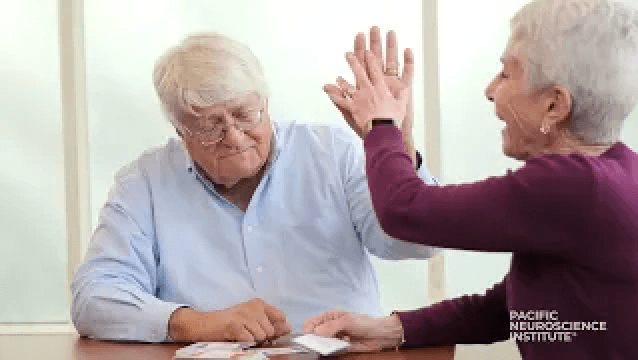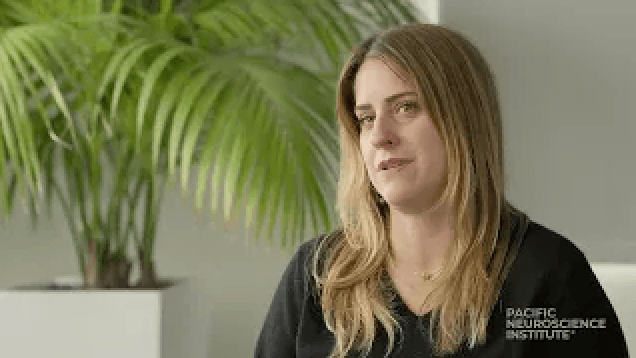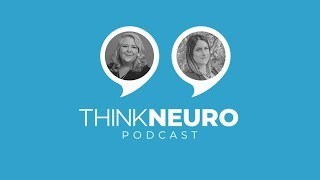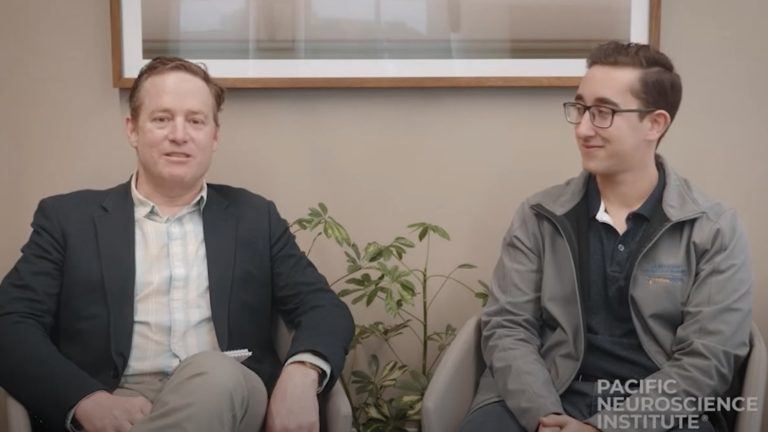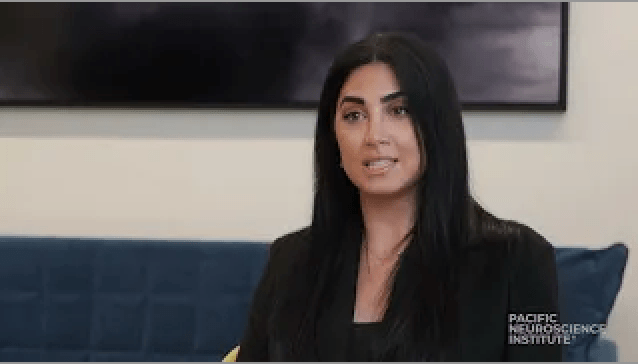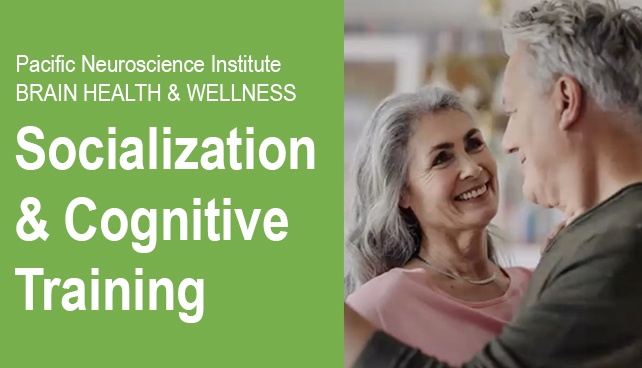Brain Wellness & Lifestyle Program: Care Partner Support
All information is verified by our brain health specialists.
Care Partner FAQ:
What is the difference between mild cognitive impairment (MCI), dementia, and Alzheimer’s disease?
Mild Cognitive Impairment (MCI) is a stage between normal age-related cognitive decline and more serious conditions like dementia. There is a noticeable decline in cognitive abilities, but the person can still carry out daily tasks on their own.
Dementia is a broad term for a decline in mental ability severe enough to interfere with daily life. Alzheimer’s disease is the most common cause of dementia.
Alzheimer’s Disease is a specific form of dementia characterized by memory loss, cognitive decline, and behavioral changes.
What are the early signs and symptoms of these conditions?
Early signs may include memory loss, confusion, word finding difficulties, difficulty in completing familiar tasks, and changes in mood or personality.
How are these conditions diagnosed?
Diagnosis involves a combination of comprehensive medical history, physical exams, cognitive tests, and brain imaging. It often requires specialized assessments by neurologists or geriatricians.
Is there a cure for Alzheimer’s or dementia?
There is currently no cure for Alzheimer’s or most forms of dementia. Treatment focuses on managing symptoms and improving the quality of life.
Does MCI always turn into Alzheimer’s or dementia?
Not everyone with MCI develops dementia. It’s important to monitor and manage risk factors to potentially slow down its progression.
How can I communicate effectively with someone who has dementia?
Use simple language, break complex information into small parts, be patient, and offer reassurance. Non-verbal cues can also be helpful.
What legal and financial steps should I take after a dementia diagnosis?
Consult with an attorney to establish power of attorney and create a living will. Financial planning is crucial to ensure long-term care needs are met.
What are some caregiving tips for managing challenging behaviors, like aggression or wandering?
Understand triggers, maintain a structured routine, offer simple choices, and provide a safe environment. Seek care partner support and professional advice for personalized strategies.
How can I take care of my own well-being as a care partner?
Take regular breaks, engage in self-care, seek emotional support through personal social connections, maintain hobbies, and consider therapy or counseling.
How can I ensure my loved one’s safety at home?
Remove potential hazards, install safety devices, consider monitoring systems and hiring outside support.
What are the common behavioral and psychological symptoms of dementia?
Common symptoms include forgetfulness, personality changes, poor decision-making, agitation, aggression, hallucinations, and wandering.
What resources are available for support and information?
Pacific Neuroscience Institute’s Lifestyle Brain & Wellness program provides resources, guidance, and support groups. Furthermore, the Alzheimer’s Association, local senior centers, and healthcare providers offer valuable information and support.
What are the available treatment options?
Treatment includes medications to manage symptoms, cognitive training, socialization, nutrition, and exercise, among other healthy lifestyle factors, as well as support services.
Brain Wellness & Lifestyle Program FAQ:
What is the Brain Wellness and Lifestyle Program, and how can it benefit my loved one with MCI, dementia, or Alzheimer’s?
The Brain Wellness and Lifestyle program provides personalized consultations and a variety of activities that aim to improve brain health. The program focuses on memory, nutrition, exercise, stress reduction, and cognitive training.
How does memory training improve cognitive function?
Consistently practicing memory training techniques can improve short-term memory and help with everyday memory struggles.
Is there any evidence that lifestyle adjustments can prevent cognitive decline?
Research indicates that embracing a lifestyle that promotes brain health, such as maintaining a nutritious diet, engaging in regular physical activity, and participating in cognitive exercises, can aid in the prevention, delay, or stabilization of cognitive decline.
How can care partners actively participate in the program to provide support at home?
Care partners are commonly advised to actively engage in sessions, acquire caregiving strategies, and offer vital support at home.
What kind of results or improvements can participants and their care partners expect from this program?
Participants and their care partners will collaborate to engage in a comprehensive brain exercise aimed at improving attention and enhancing memory and language skills. Additionally, active participation can help lower stress levels and improve overall quality of life.
How can interested individuals and their care partners enroll in the Brain Wellness and Lifestyle Program?
If you want to begin your journey towards better brain health, you can reach out to us at 213-344-2037 or lifestyle@pacificneuro.org. We’ll provide more information about the program and help you determine which options are most suitable for your needs.
Brain Wellness and Lifestyle – Newsletter Sign Up
Sign up for our Lifestyle Newsletter.
"*" indicates required fields
